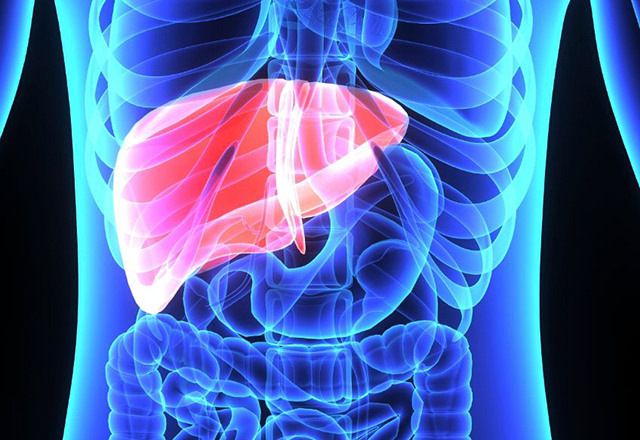By Veronica Giarla
When you’re a teen, it’s not very common to worry about what’s going on inside your body — especially not about potential organ failure. For Rob, now 14 years old, that happened in the blink of an eye. One day, he was scoring goals in soccer and hanging out with his friends. But in just a matter of hours, he was in acute liver failure.
“Rob woke up feeling not himself,” remembers Rachel, Rob’s mom. “He had diarrhea, was lethargic, and was getting worse by the hour. By the afternoon, his eyes were turning yellow, and that’s when I knew we had to go to Boston Children’s Hospital.”
Read the full article from Boston Children’s Hospital.







